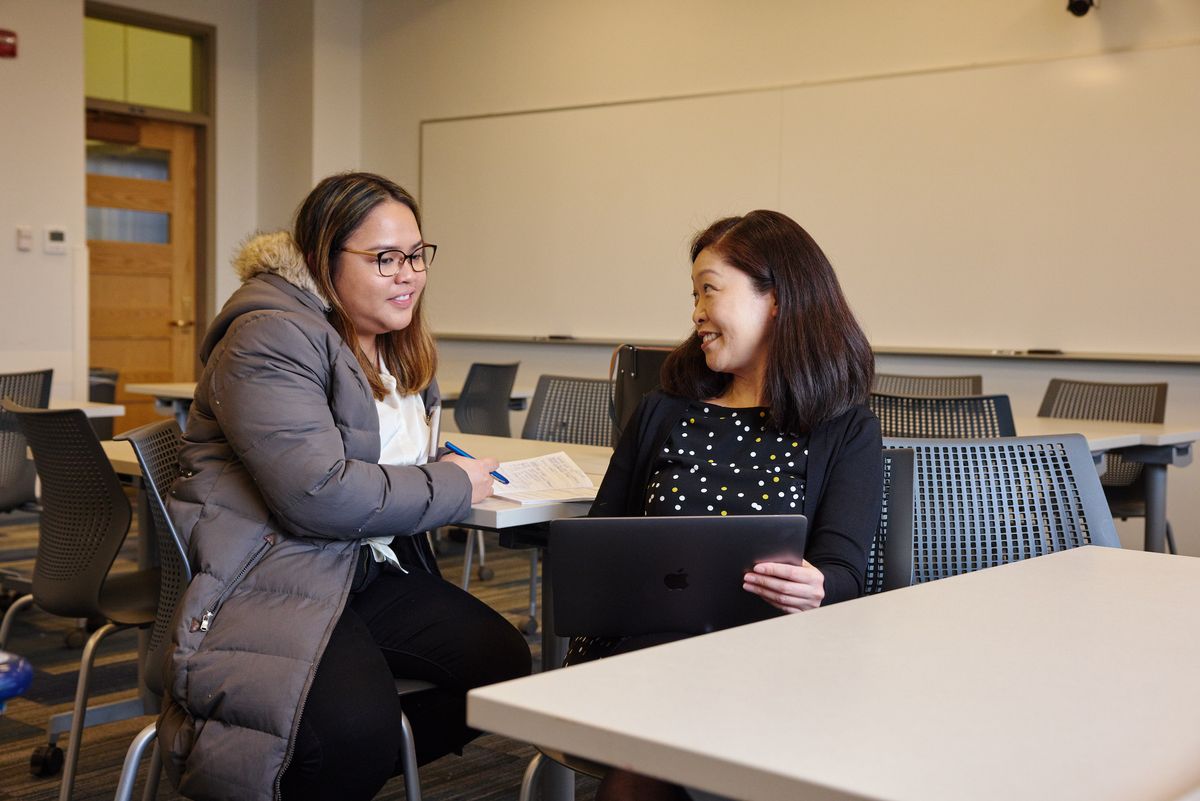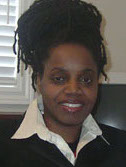Advance Opportunity and Equity with the EdM in Special Education
With a special education master’s, you will develop strong skills in instruction, collaboration, and advocacy to best support students. In this Master of Education (EdM) in Special Education program, you’ll be equipped for effective instruction, intentional collaboration, proactive advocacy, and reflective practice as an educator.
Choose from multiple tracks and learning experiences to receive preparation best aligned to your personal and professional goals. The master’s in special education includes structured tracks that lead to Massachusetts teaching licensure as well as more flexible and customizable non-licensure program options.
Program Pathways
General track, non-licensure
In the non-licensure track of the EdM in Special Education, you’ll complete a series of core special education coursework and develop a program of study customized to their professional interests and goals alongside a faculty advisor.
Licensure track
The licensure-granting tracks of the EdM in Special Education are for students seeking an initial teaching license, including those who already hold an initial license in elementary education or in secondary content areas and are looking to add-on a special education teaching license. The special education master’s offers tracks leading to Massachusetts licensure in moderate disabilities PreK–8, moderate disabilities 5–12, and severe disabilities, as well as a DESE endorsement in autism spectrum disorder. These tracks include a carefully sequenced series of coursework and field-based learning opportunities and culminate in a full-time teaching practicum experience under the supervision and guidance of both a field-based and university supervisor.
Gain meaningful field experiences
The special education master’s (EdM) offers opportunities for work-related field placements for the pre-practicum, full-practicum/student teaching, or both. Maintain your employment while you gain valuable experience as a teacher or paraprofessional.
“Pursuing a Master of Education in Special Education is more than just a step toward my goal. It is the foundation for a career dedicated to equity, empowerment, and lifelong learning for students with extensive needs.”
Career Outcomes for an EdM in Special Education
The master’s (EdM) in Special Education prepares educators to have a critical understanding of the special education system and to support the academic and social-emotional success of students with disabilities. When you complete this program, you’ll have the skills to:
- Design, deliver, and evaluate instruction and instructional materials
- Collaboratively build culturally relevant systems and supports to meet the needs of students
- Promote accessible and inclusive schools
- Engage in regular goal setting and critical self reflection
Join Alumni in a Rewarding Career
Graduates of the EdM in Special Education are in demand by schools and districts. You’ll be prepared for success in a variety of roles, including:
- Teacher or co-teacher in an inclusive classroom
- Inclusion facilitator
- Resource room teacher
- Teacher in self-contained classroom
- Curriculum developer
- Family advocate
- Consultant for community agencies
- Professional development for people interacting with people with disabilities in other settings (e.g., hospitals, after-school programs)
Featured Faculty
The faculty of the EdM in Special Education expert practitioners, researchers, and policy-focused advocates who bring a wealth of information, skills, and expertise to the university classroom and the PreK–12 community.
-
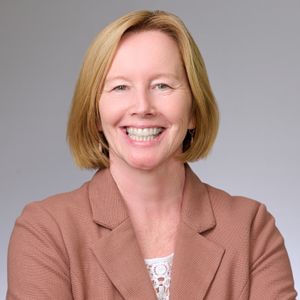
Linda Banks-Santilli
Associate Dean, Academic Affairs
Clinical Associate Professor -

Elizabeth Bettini
Associate Professor
-
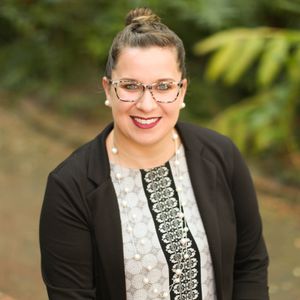
Lindsey Chapman
Program Director, Special Education
Senior Lecturer -

Hank Fien
Director, Wheelock Institute for the Science of Education
Director, National Center on Improving Literacy
Nancy H. Roberts Professor of Educational Innovation -

Jennifer Greif Green
Professor
-

Nancy Harayama
Program Director, Undergraduate Program
Senior Lecturer, Special Education -

Nathan Jones
Associate Professor
-
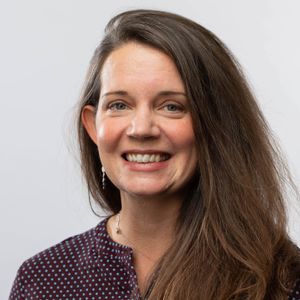
Nancy J. Nelson
Assistant Professor
Deputy Director, National Center on Improving Literacy and Lead for Literacy Center -

Zachary Rossetti
Associate Professor

Associate Professor Elizabeth Bettini examines factors shaping the special education teacher workforce, particularly how working conditions contribute to the shortage of special education teachers and to inequities in access to skilled, committed special education teachers, based on students’ disability, race/ethnicity, or socioeconomic status. Her current work is focused on identifying potential interventions to improve working conditions to eliminate these inequities. Dr. Bettini is the recipient of the Presidential Early Career Award for Scientists and Engineers.
Special Education Courses
Courses in the special education master’s (EdM in Special Education) program will enable you to engage with students, families, and school communities, as well as build culturally relevant systems and supports to meet the needs of all students. Core courses include:
- Disability, Education and Society
- Families of Students with Disabilities
- Assessment and Eligibility in Special Education
- Assistive Technology
Scholarships Available
Ready to begin your special education master’s (EdM in Special Education)? Don’t let questions of funding hold you back. At Boston University, merit-based scholarships are available to graduate students.
Admissions & Dates
Spring & Fall 2026
Aug 15, 2025
Application Opens
Spring 2026 Semester
Dec 15, 2025
Application Deadline
Fall 2026 Semester
Jan 15, 2026
Deadline to Receive Priority Scholarship Consideration
Fall 2026 Semester
Aug 1, 2026
Application Closes
Connect with BU Wheelock to learn more about the Master of Education (EdM) in Counseling program. Learn about application requirements and deadlines, sign up for an information session, or start your application today.
Licensing Disclosure
BU Wheelock Educator Preparation Programs Licensing Disclosure provides information about BU Wheelock state-approved programs and how the educational requirements compare with those in other states. Education students in licensure programs should review this resource and contact edlic@bu.edu with questions.
Background Checks
Students who are admitted into BU Wheelock routinely participate in field experiences as a part of their respective program curriculum and requirements. Most field sites require criminal background checks to determine students’ eligibility for participation. History of a criminal background may disqualify students from participating in these required experiences, which in turn may impede the successful completion of one’s degree program.
